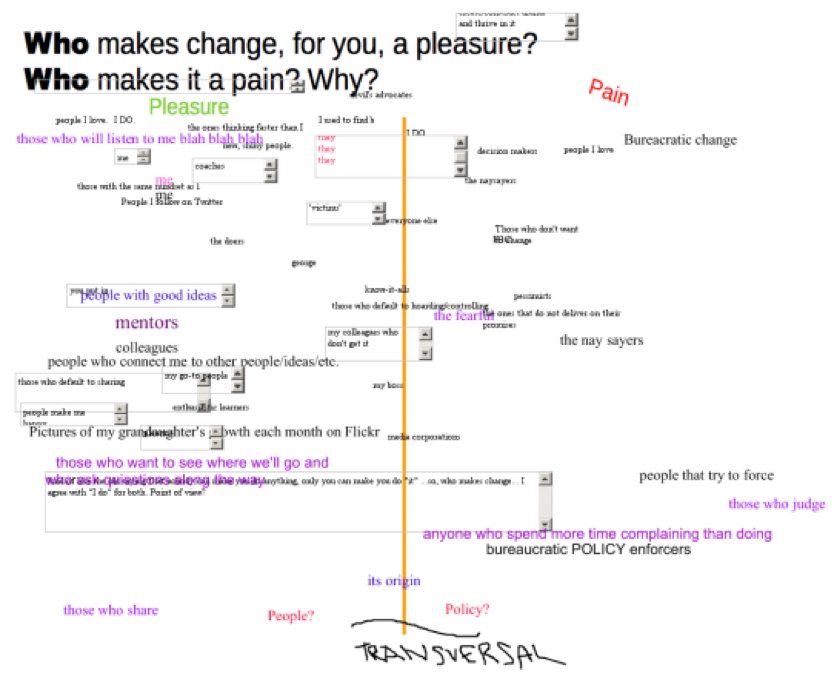 I received a notice this morning from Twitter congratulating me that I reached 3,000 followers.
I received a notice this morning from Twitter congratulating me that I reached 3,000 followers.
Congratulations!
Congratulations? For what? 3,000?
Granted, I am flattered that this many accounts would see some value in following me on Twitter, but like all numbers, it is only a number. Numbers have no meaning in themselves, not even existing until we call them into existence, giving them some meaning in the process. As soon as that purpose fades, so does the number. Do you remember losing your 6th tooth? How about your 8th first date? 10th homework assignment? 13th paycheck? How about 23rd birthday? Surely your 31st paycheck? 45th time at the supermarket? 51st time you went into a vehicle?
Shall I go on?
Numbers are numbers, not even existing until we make them and then assign them value, losing it as quickly as our interest. After all, 5% unemployment only matters depending on which side you are on. So to speak.
Twitter seems to find this valuable, though like most numbers, I am suspicious.
What does it mean? Is it good? Bad? Part of the club? A wannabe? Something to celebrate? Reflect upon? Lament it is too little? Too much? Does it make me happier? More money? A better retirement (ha!)? More original teeth? A fan club? Haters? I have little context for it, and thus am not sure how I am expected to make meaning out of it. They must find something useful there or I would not have received an automatic message about it.
Perhaps that is the key–how valuable is it really when it gets sent based on pre-existing coding?
Makes me wonder, why does somebody else have to make meaning for me? I am somewhat capable of making meaning on my own, and as such find value only in conversations, shared ideas, challenges, support, suggestions, and the like. Perhaps I am being negative, though while I am getting a blog post out of it, in an odd way it did evoke a reaction in me. Hmm, there you have it.
That could as easily happen with 300 as 3000, and is more likely closer to 30 with those who I engage with on a regular basis, those who celebrate ideas like #ds106 or #dLRN15 or #5Papers or even #moocmooc (with all its paradigm-bending pesky questions). Alas, numbers don’t matter for those of us who are not selling things or reliant on them to prove something to someone about something.
My ideas and constant inquiry has me interested, and if 3,000 adds to it, then wonderful! If it doesn’t, like Klout scores, I am not worse for the wear.
I am much more interested in making meaning than counting, as often the counted is meaningless until those of us who inquire more deeply come along. Long live our interest and passions, none of which are readily reducible to a number.
Goodness, did I just say that? Perhaps there is something about this 3,000 after all . . .

 I will confess to you, dear reader, that I am a
I will confess to you, dear reader, that I am a